.jpg) Sometimes British licensing laws seem to have been designed to be as arbitrary and annoying as possible.
Sometimes British licensing laws seem to have been designed to be as arbitrary and annoying as possible.Take this case:
"MALA-FIDE TRAVELLERS AT KENNOWAY.
At Cupar Sheriff Court yesterday - before Hon. Sheriff Thomson—John Brown and Alex Paton, labourers, of no fixed place of residence, were charged with having, on Sunday, at the Swan Hotel, Kennoway, occupied by David Fernie, pretended that they had come from Methil, and induced Thomas Fernie, barman, to sell to them two pints of beer, contrary to the Licensing (Scotland) Act, 1903, Section 6. Both pleaded guilty and sentence was passed of 10s, or five days each."
Dundee Courier - Tuesday 30 June 1914, page 6.
What was the great crime of these two men? Not having travelled far enough to be entitled to buy a beer in a pub. The crazy Scottish licensing rules insisted that only "bona fide travellers" could be served on a Sunday. To be a bona fide traveller you had to have travelled a minimum distance to the pub, one of several miles.
I can guess what many did (other than lie to the barman) - walk to the next town or village on Sunday morning. According to Google maps, Methil to Cupar is 11.4 miles.
What confuses me is how they were caught. Did a policeman drop by the pub or did the landlord shop them?
The bona fide traveller rule was still causing trouble almost half a century later. This is what the Lord Craigton (Minister of State, Scottish Office) had to say in a parliamentary debate in 1961:
"This "traveller" position derives from the principle, still embodied in the Common Law, that an inn must provide board and lodging to any traveller; in the past, for this provision has a very long history, alcoholic liquor was almost an essential part of board. But time has caught up with the provision. In so far as it is necessary, and I do not say it is not, for the law to provide for the supply of food and drink to travellers, nobody to-day would claim that it is essential to provide travellers with alcoholic drink at all times. And, because of the much greater ease of travel in modern times, the "traveller" provision has made a laughing stock of our licensing laws. Every Sunday, as the noble Lord, Lord Hughes will know, there issue forth from the cities and large towns of Scotland, not the footsore and weary travellers whom the drafters of the law had in mind, but the Sunday trippers in their cars and buses. Some go, I am sure, mainly for the outing, but some go solely to make use of the "traveller" provision in order to obtain strong drink because they cannot get it in their own home town. And they can seek "accommodation" at any time, and if he does not serve them, the hotelier runs the risk of losing his certificate. My Lords, when I said that there were no permitted hours on Sunday in Scotland, I was wrong. To all intents and purposes there are, for some at least, 24 permitted hours. And sometimes the hotelier must put up with and" accommodate "—according to the words of the law—these so called "travellers" from the early morning till late at night.
The resulting situation is indefensible. I draw your Lordships' attention to only two of the more undesirable features. The first of these is the existing law that makes you travel to drink and denies it to you in your own area. At a time when Parliament and the public are rightly concerned about road safety, what can be said for a law which encourages the motorist to drive to get a drink and then to drive home again? The second is the annoyance and disturbance which is caused to the inhabitants of the surrounding country by the irruption into it of the wrong sort of Sunday drinkers in their cars and buses. The peace and quiet of the Scottish Sunday is quickly shattered if the hotel in the town becomes the resort of such people."
House of Lords debate 21st November 1961, Hansard vol 235 cc806-56.
http://hansard.millbanksystems.com/lords/1961/nov/21/licensing-scotland-bill-hl
I'd have been a "such people". Sundays were bleak enough when I was young. Without a few beers down the pub at lunchtime they'd have been unbearable.
The bona fide traveller bollocks was swept away in the 1976 when Scotland's licensing laws were dragged into the 20th century and Sunday opening was allowed. It also did away with afternoon closing on weekday, an annoying practice which continued until 1988 in England.
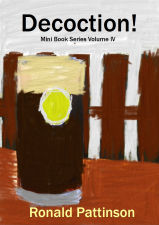


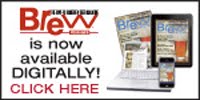
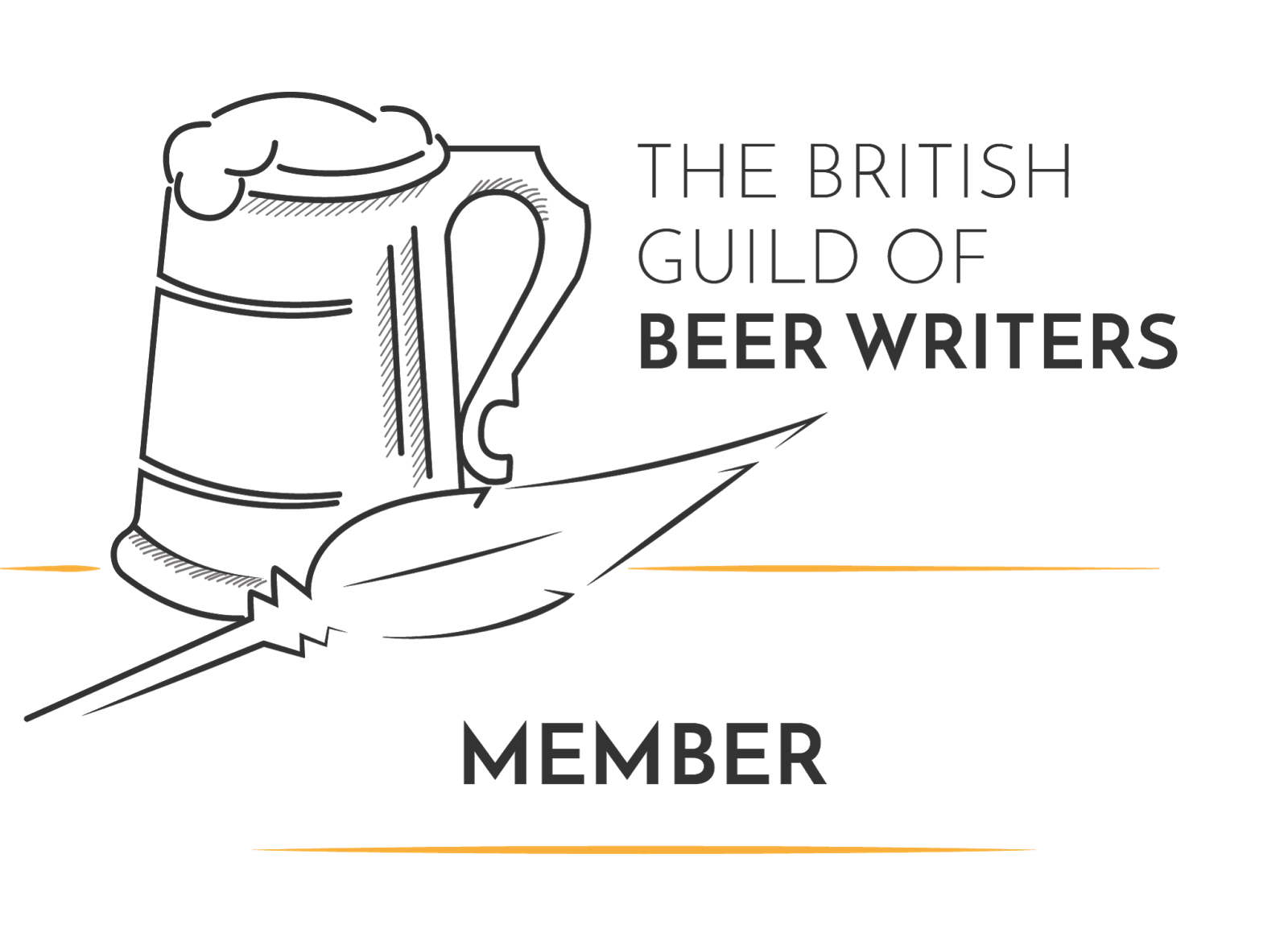









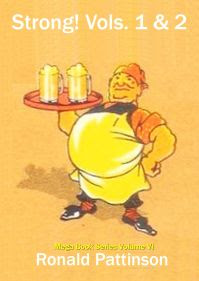

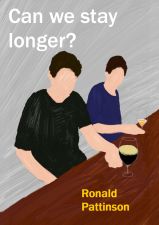
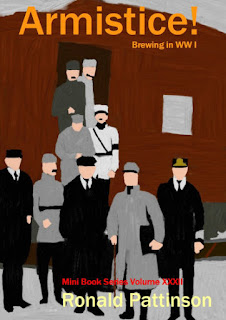
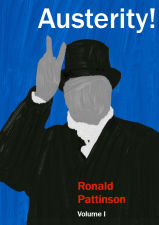

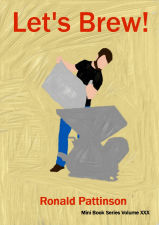
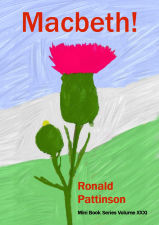
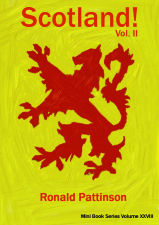
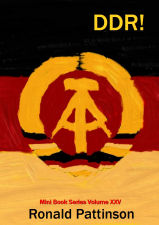
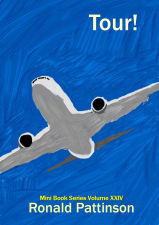

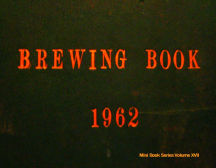
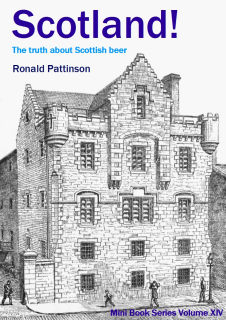
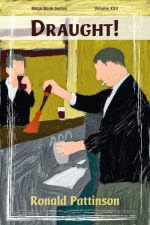

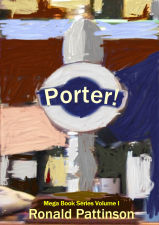
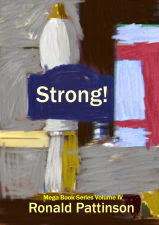
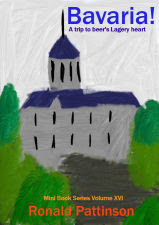

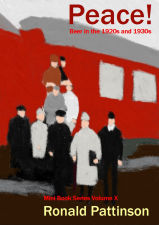

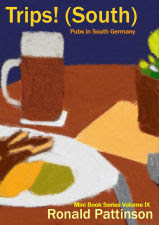
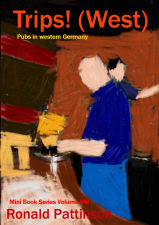
































3 comments:
Regarding "bona fide" travellers, when the railway came to my village around 1850 it brought with it a lot of day trippers from Nottingham.Their ticket was regarded as sufficient evidence to be served.
So many trippers came that a large police station with cells had to be built even though we only had a thousand or so inhabitants.
Here it is; Permitted Hours didn't just extend to pubs, it also affected off licences and other businesses.Until 1988 the drinks section of my local supermarket was chained off on Good Friday as well as at other times!
It's difficult to comprehend how an activity can be legal, suddenly become illegal then a few hours later it's OK again!
Mind you, it never was a problem getting a drink after hours if you knew where to go. Lock-ins were common and if you were personally known to the landlord it often helped too.
Marquis.
Up in till 2000 Ireland still had 2000 “Holy Hour". where pubs had to close between 2-4pm
Post a Comment